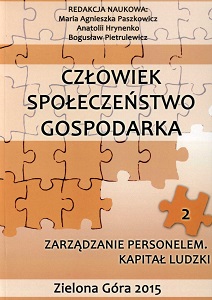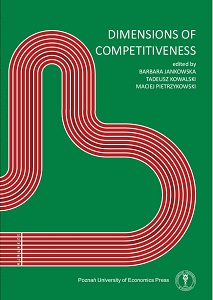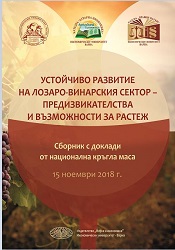Author(s): Jadranka Đorđević / Language(s): Serbian
Publication Year: 0
As may be seen from its title, the subject of this paper is the institution of inheritance. In their research of phenomena within the sphere of common law, our ethnologists have not devoted enough attention, or at least not as much as was devoted to some other topics, to the regulatory aspects of succession-property relations. It may therefore be inferred that the institution of inheritance has not been carefully studied in our science, particularly as concerns to contemporary society. Such observation gives impetus to a scholar to apply his efforts to the above subject. How ever, it is not the only, nor the most essential, reason why I have turned my attention to the institution of inheritance. The choice and treatment of the subject has largely been influenced by the fact that the common law norms are most pronounced and best preserved in the institution of inheritance. An other stimulus for the scholar to engage in research of this institution is provided by the fact that the duality of common law and official legislature is articulated to the greatest possible extent exactly in this institution. The very fact that there exists a duality between the two legal systems would not be particularly interesting had the two principles not been simultaneously applied down to this very date. And it is exactly this kind of incompatibility and parallelism between the common law principles and legal principles that has determined the concept of my research. The plan was to observe the two legal systems concurrently so as to fathom their mutual impact and the changes produced thereby in each one of them. The research work focused on the town of Vranje and its neighboring villages. The location was chosen, inter alia, because the town of Vranje with its surroundings had for a certain period of time been treated by the authorities as an underdeveloped area. Due to this qualification, but also due to its natural-geographic position (southern Serbia), the region of Vranje was regarded as “backward”, both in socio-economic and in cultural terms. Such attitude produced a mechanic conclusion that traditional forms of life there had a bigger share than in the other “more advanced” parts o f Serbia. This would imply that the region of Vranje is particularly suitable and interesting for research of succession-property relations. How ever, this conclusion could be deemed correct only if the scholar takes the said assumptions for granted and determines his research framework accordingly. Otherwise, the above may amount only to an additional stimulus to investigate this environment which maybe, but does not necessarily have to be, different from the other regions o f Serbia. The time frame in which the problem is observed is the second half of the 20th century. In the course of 60-odd years, Serbia experienced radical socio-political and economic changes. Within a relatively short period of time there unfolded essentially different processes in the society, which certainly had an impact in the sphere of inheritance. Thus, it may be concluded that this paper explores a contemporary common-law view in the specific cultural environment.
More...






